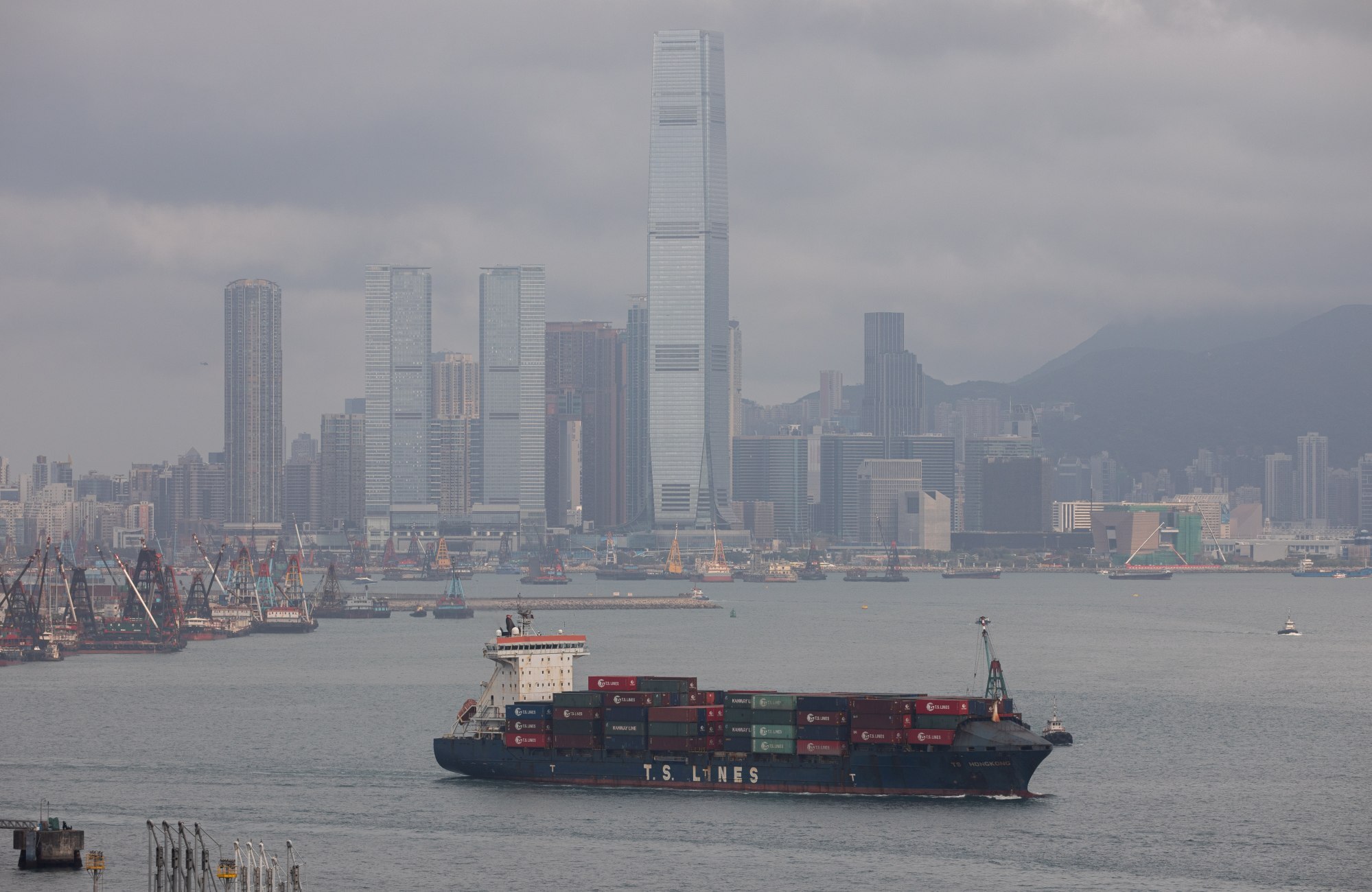
The trends driving Asia’s start-up boom in 2022, from digitalisation to carbon cutting
- With an abundance of capital and talent, Asia’s growing tech hubs are luring investors away from Silicon Valley
- Start-ups seeking to solve global issues such as climate change, ageing-related illnesses and supply-chain bottlenecks will offer solid opportunities
Uber, Airbnb and WhatsApp: all were founded in the wake of the last economic crisis in 2008. This time, could the next economic dynamos come out of Asia? After a slew of successful start-ups in 2021, momentum is gathering in the region.
As the dust settles from the economic disruption of the past two years, attention will shift towards technologies that promise a more resilient, sustainable and healthy future. While country and economy-level dynamics shape start-up markets, three broad trends offer a key to understanding the industry’s future.
Low interest rates over the past year have made venture capital relatively cheap. That might change if rates rise this year, but there will still be capital available as players from private equity to Wall Street pile into the venture world. Venture capital is also looking like a good bet because there is so much value and talent to be unlocked outside Silicon Valley.
In 2019, 18 per cent of the Asia-based start-ups that received Series A funding in 2021 were in Beijing, but in 2021 only 10 per cent were, according to company database Crunchbase. Overall, the percentage of Series A rounds in Asia going to companies in China, South Korea and Japan fell, but the proportion in India, Indonesia, Vietnam and Singapore rose.
There are a few reasons for this. One is the rapid growth expected in South and Southeast Asia and the emergence of a prosperous middle class. Another is that the pandemic has made virtual communication a daily event, facilitating connections between financiers and start-ups further afield.
If taken too far, however, the push towards all-encompassing digitalisation could trigger a backlash by consumers nostalgic for the experiences of the analogue world.
Yet with pandemic-induced supply chain bottlenecks still plaguing the global economy, improvements to logistics and transport systems are also crucial for building a more resilient economy.
This could be good news for Hong Kong, where e-commerce, supply chain management and logistics make up the second-largest category of start-ups after fintech. The city has the potential to become a logistics innovation hub if it reopens to the world.

Unsurprisingly, venture capitalists are also focused on medtech. But the interest reflects both pandemic-driven trends in digital medicine and developments that have been years in the making, from machine learning to programmable medicines, that aim to tackle tough issues like ageing and cancer.
Finally, look for more activity in “strategic” sectors. Last quarter, semiconductor, aerospace and defence companies featured among the biggest global deals in early funding rounds. Both China and the US are wielding industrial policy to build up these industries within national borders.
There are a host of political and regulatory factors to be reckoned with. But emerging industries hold promise for Hong Kong and other growing start-up hubs in Asia.
Colleen K. Howe is a programme associate at the Asia Business Council


